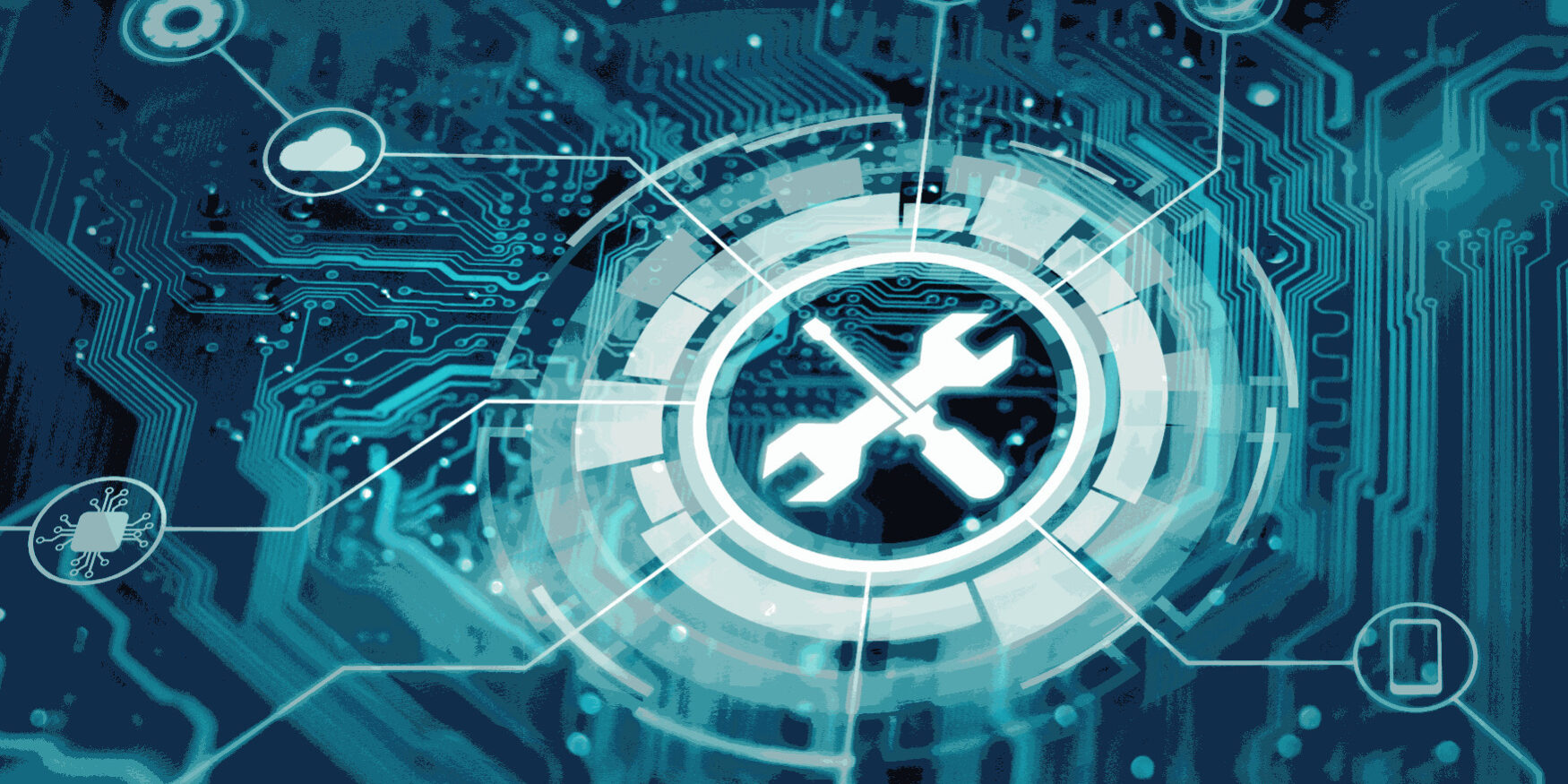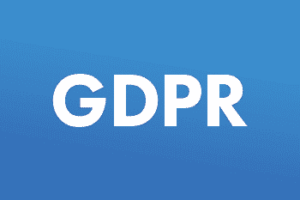When developing a custom software platform, it’s easy to focus almost entirely on the initial build. After all, that’s the most time- and effort-intensive aspect of the enterprise software development process. But it’s also important to plan and prepare for future software updates and maintenance, as this is vital for maintaining an efficient, secure and user-friendly platform that continues to deliver a healthy ROI well into the future.
Do I Need to Update a Custom Software Platform?
The short answer is “yes” — you absolutely need to perform regular software updates, whether it’s a web-based platform, mobile app or traditional desktop software.
If a software platform is allowed to go stagnant due to lack of ongoing maintenance and updates, there will be a gradual — and eventually, not-so-gradual — drop-off in performance. Over time, the software platform becomes slower, glitchier and ultimately, it may stop working entirely.
To appreciate the importance of software maintenance, one must appreciate the reasons for performing those updates. It’s not just about updating an enterprise software interface in response to the users and the company’s needs as a whole. Regular updates are also required to keep the software operational and running at optimal efficiency in an ever-advancing tech sphere.
Why Are Enterprise Software Updates Necessary?
Mobile applications, web apps and enterprise software platforms do not exist within a static environment. Your software exists in a dynamic environment, running on the newest devices, with constantly-improving operating systems. Additionally, these software platforms are frequently integrated with third-party platforms that constantly evolve and change on a regular basis.
Here is an overview of the parallel changes that can necessitate software updates and maintenance:
-
-
-
- Process Evolution: A company’s needs and processes tend to evolve over time. Your software updates should mirror these changes, allowing you to maintain optimal efficiency and ROI.
- Operating System Changes: Device operating systems are updated on a regular basis and this can necessitate updates to your software. Otherwise, you can end up with errors, slowdowns and even crashes.
- Software Changes: If your enterprise software platform integrates with third-party software, you’ll eventually need to make updates in response to any changes on those third-party platforms. Otherwise, you risk incompatibility and broken integrations.
- Hardware Advancements: New hardware comes with new capabilities that you may wish to leverage for your enterprise software platform. As new devices are released, you’ll want to update your software so your business can make the most of new technology.
-
-
Neglecting a custom software platform and failing to perform regular maintenance can lead to a rapid decline in efficiency, speed and overall usefulness. As time passes, the software becomes more and more outdated, leading to an exponential increase in the amount of time, effort and money that’s required to get the system working at peak efficiency again.
If a software platform is left unsupported for a sufficient length of time, you could find yourself in a position where its too far gone.
How Much Does Software Maintenance Cost?
The cost to maintain custom software on a regular basis varies according to many factors, but clients should plan on an annual software maintenance budget allocation ranging from 15% to 30% of the initial development cost.
As a general rule, it’s virtually always going to be more cost-efficient to perform multiple smaller routine updates on a regular basis versus a single massive update, performed on an infrequent basis. Here’s why:
-
-
- If you perform regular software updates, your software will operate at peak efficiency more often. This translates into a higher ROI.
- Routine updates serve as a great opportunity to add or modify features, so your enterprise software will grow and evolve at a pace that aligns with your business.
- Well-maintained software has fewer glitches, slowdowns and crashes. This improves user experience and promotes company-wide user adoption. UX becomes even more essential if you have a consumer- or public-facing mobile app, web platform or software interface.
-
Many factors impact software maintenance costs, including the type of platform, the features and functionalities, integrations and so forth. Your development company can provide a more accurate view of what software maintenance will look like for your project, including recommended update frequency and cost.
When it comes to building a winning enterprise mobile app or software platform, you’ll need an experienced development company that’s well-versed on the latest technologies and best practices. That’s precisely what you get when you turn to the team here at 7T, where our development team works with company leaders who are seeking to solve problems and drive ROI through digital transformation. We’ve earned a reputation as an innovative Dallas software development company, as 7T integrates cutting-edge solutions into virtually every project, whether it’s mobile app development, CRM platforms or ERP development, and data solutions. We’re here to deliver collaborative, multi-phased software development services to clients in all business sectors.
7T maintains offices in Dallas, Houston and Charlotte, NC, but our clientele spans the globe. If you’re ready to begin your software development project, contact 7T today.









